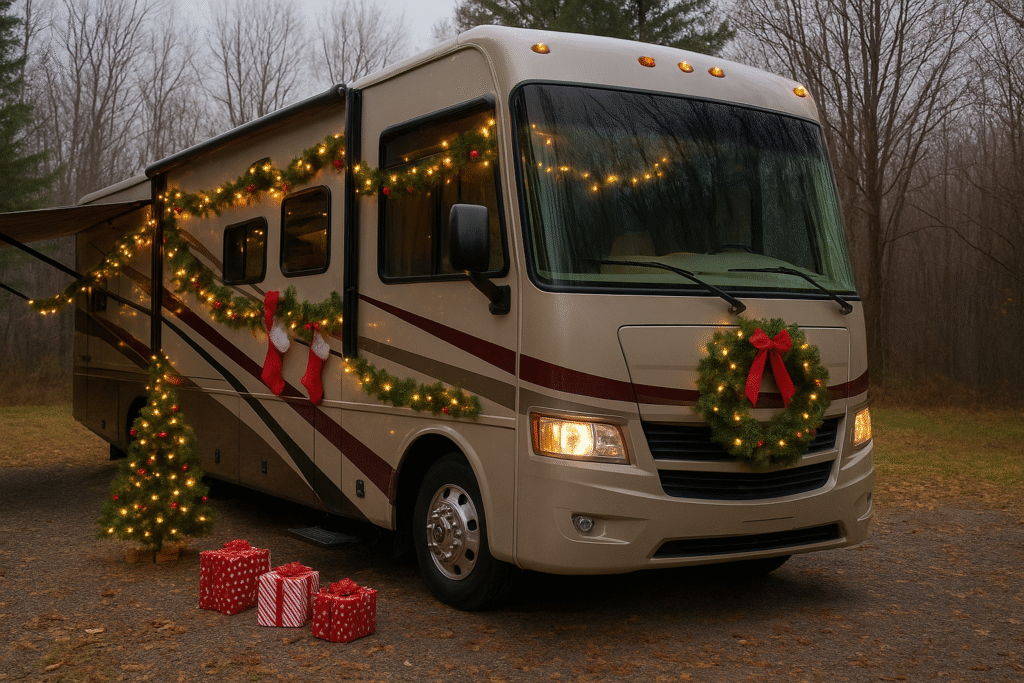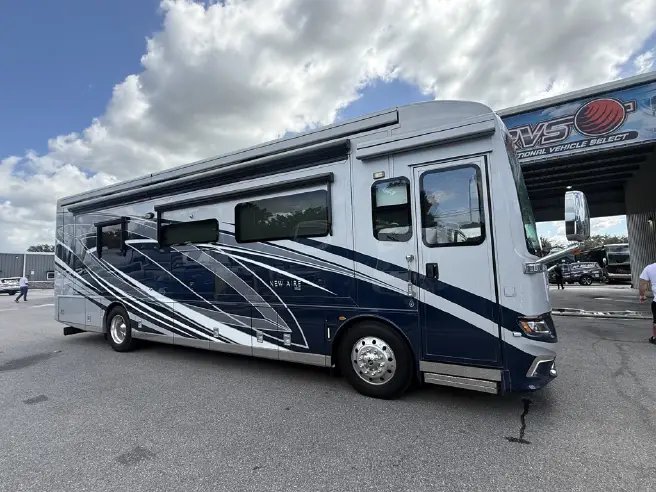While many people keep traveling in their RVs throughout the late summer and autumn months, the end of August marks the finale of the true RV season for many others. The kids go back to school, vacations from work are coming to a close, and cooler weather is on the horizon in many areas of the country. If you do call it quits as the summer’s end approaches, be sure you properly prep your rig for storage. While it may seem like having your rig off the road greatly reduces the amount of wear and tear it can undergo, sitting for six to nine months at a time can have its own set of effects on any vehicle. Keep reading to learn how you can make sure your rig stays in great shape until the next summer travel season rolls around.
- Make sure everything is sealed – One of the most important things you’ll do to your rig before sending it into storage is to check and clean all seals. Give your RV a thorough inspection, both inside and out, to check for tearing, cracking, or disintegration of the seams, caulking and rubber or silicone seals around doors, windows, vents, slideouts (make sure these are fully retracted) and the roof. Although a small crack or other area of damage may seem insignificant, that’s how water seeps into the RV when it’s in storage, potentially causing expensive water damage.
- Airtight may be too tight – While it’s extremely important to make sure that cracks and seals are secure so moisture can’t infiltrate your rig, it’s also necessary to make sure that your vehicle is properly ventilated. Without airflow, air conditioning, or other ventilation, the vehicle can develop mustiness, mold, or mildew just from moisture in the air. Investing in a set of vent covers for roof vents is a good way to allow air circulation while preventing water from actually getting into the rig. Also, prop open doors to closets, cabinets, and your fridge before putting your rig in storage – this ensures moisture doesn’t get into the hidden crevices.
- Florida pests – As anyone who lives in Florida knows, our worst pests usually take the form of noseeums and mosquitoes. However, during the winter you’ll need to take special precautions to protect your rig against mice, rats, squirrels, and ant infestations. Pipes and vents are the most popular spots for infestation, so be sure that all exterior openings to the rig are screened off. And of course, give your RV a thorough cleaning before putting it in storage. Remove all food items from the cupboards, refrigerator, and freezer. Give shelves, floors, and cabinets a wipe down with water and white kitchen vinegar.
When it comes to RV storage, native Floridians are relatively lucky. Rigs that are parked for the season won’t be subjected to snow, freezing temperatures, or other wintertime conditions that plague the rest of the country. However, taking the proper precautions to secure your rig in the off-months will save you time and hassle down the road.
Any questions? Be sure to contact us!




